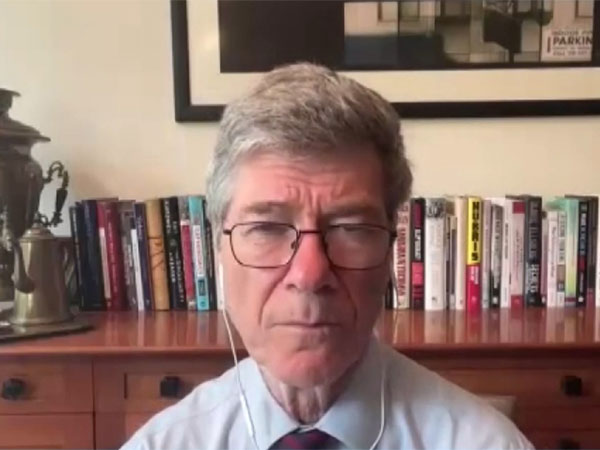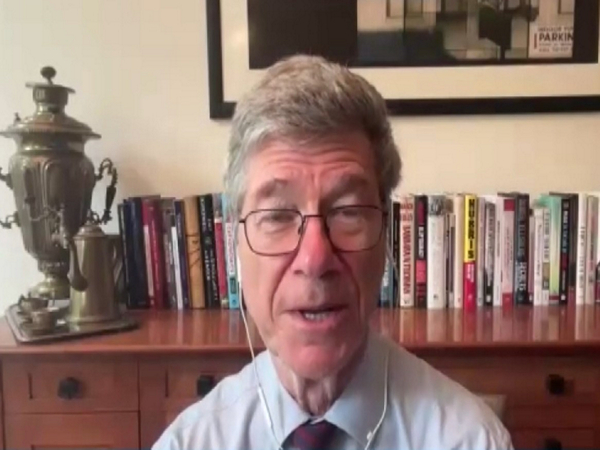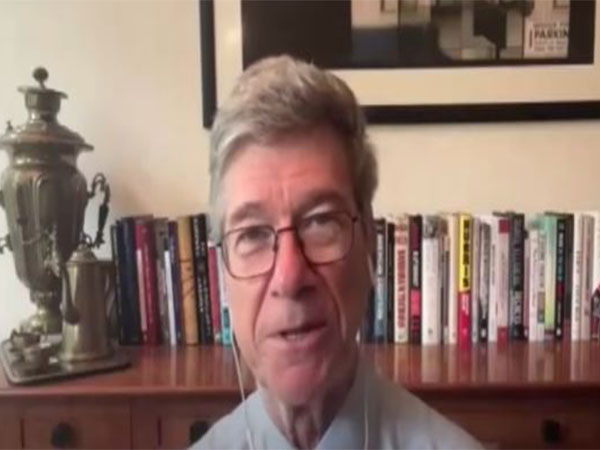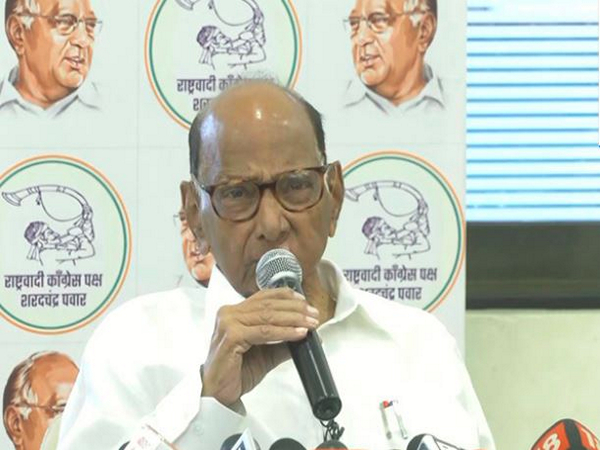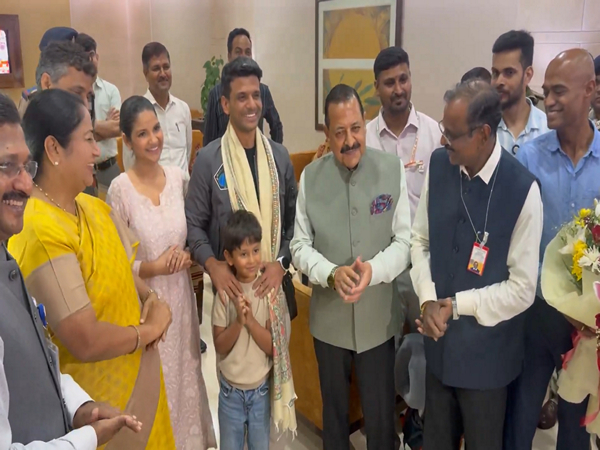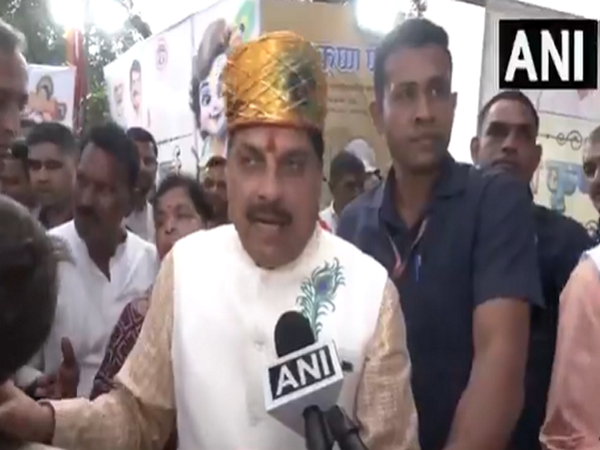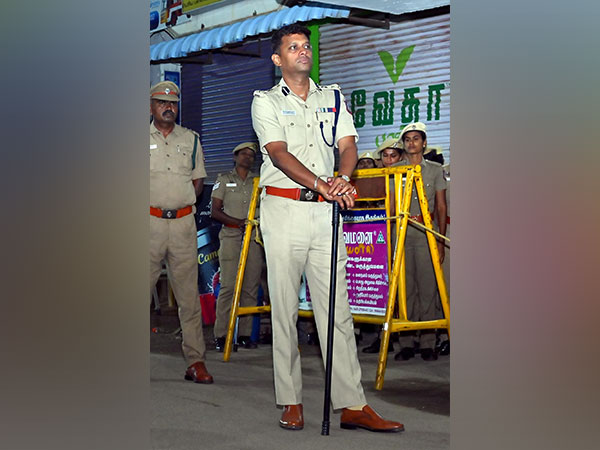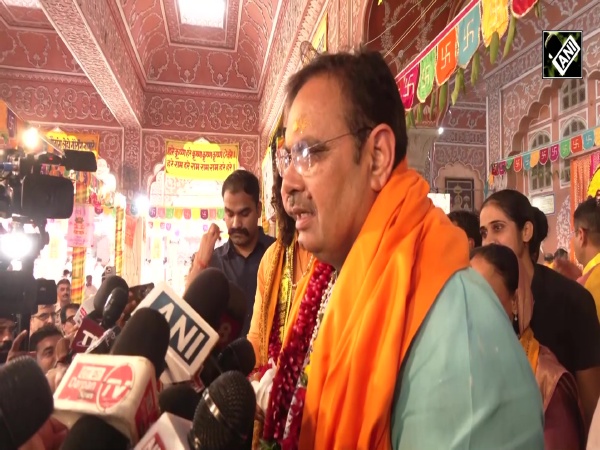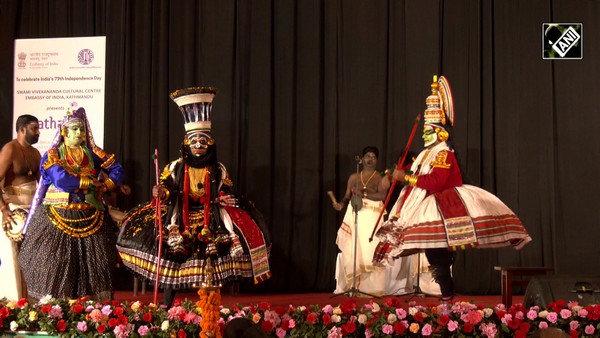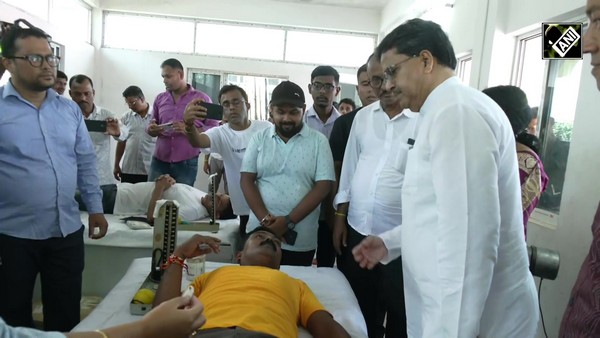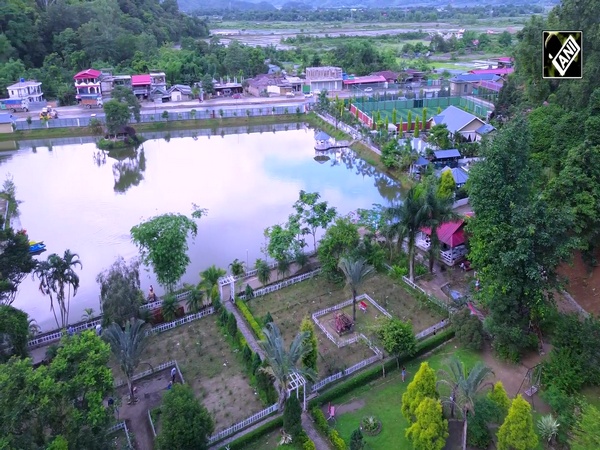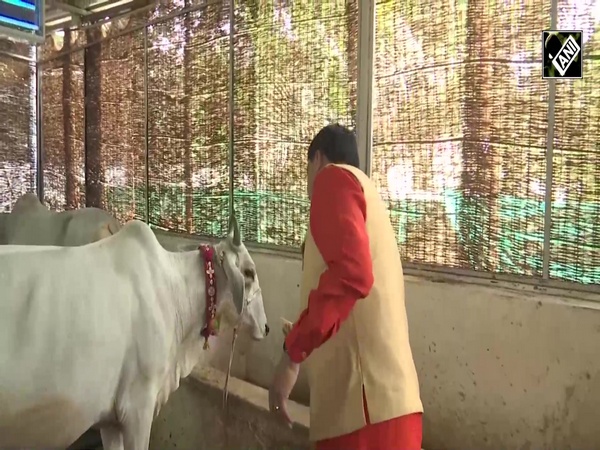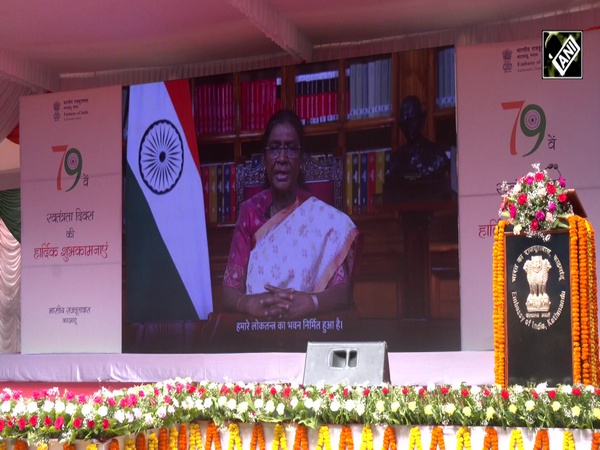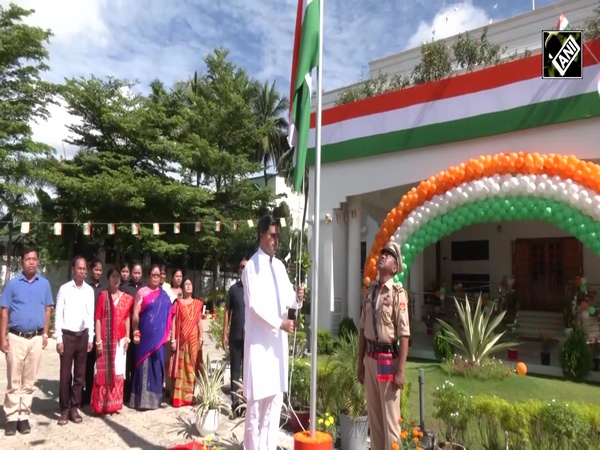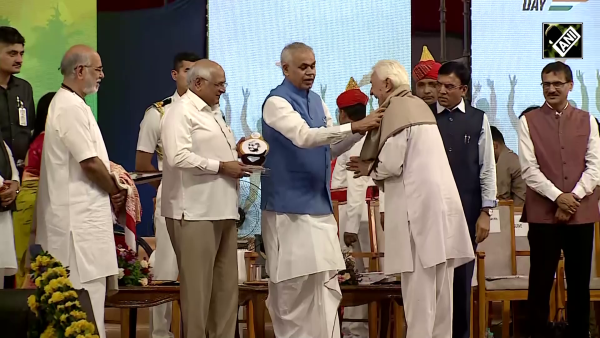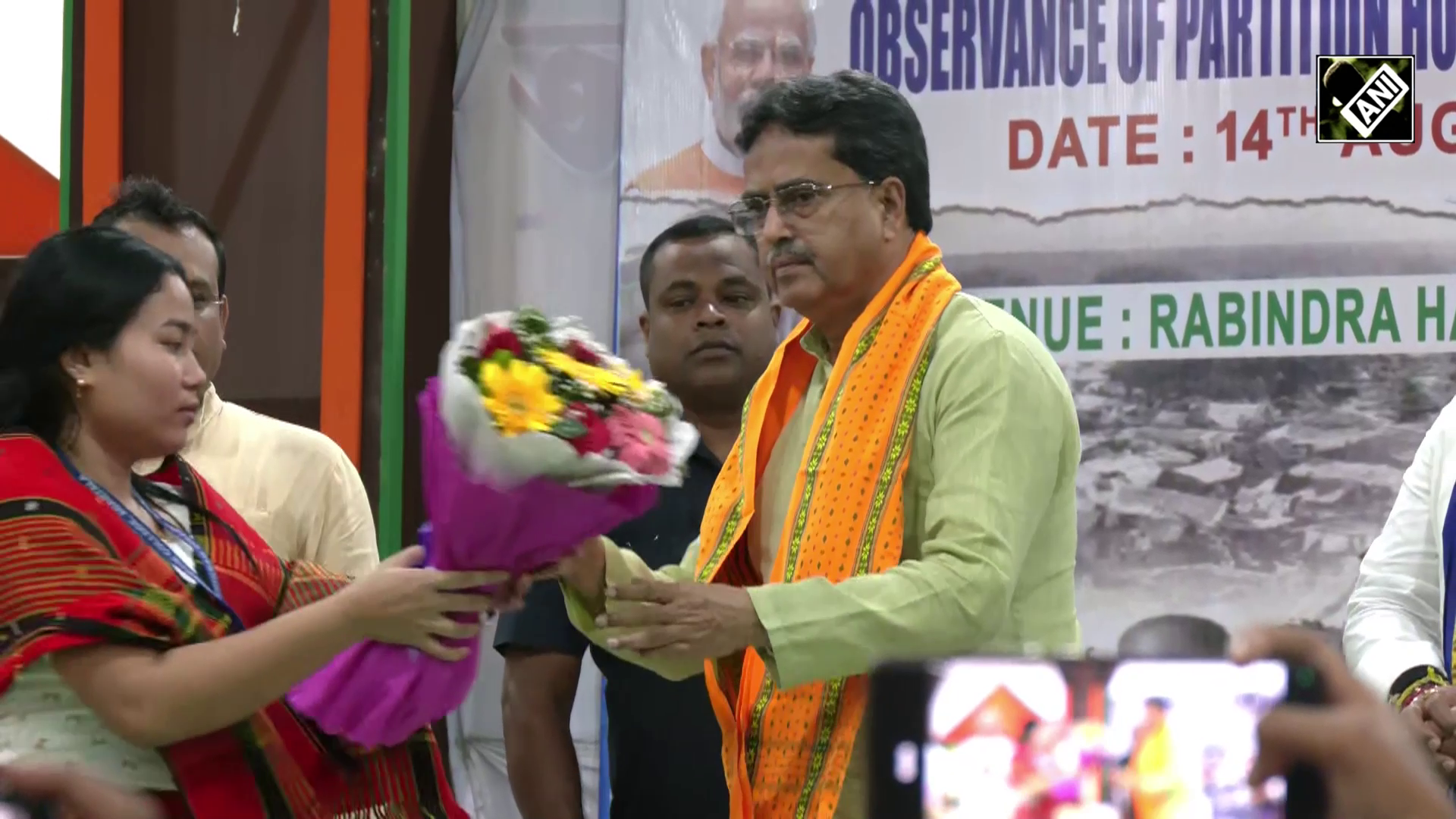CBSE 12th Term 2 Boards Chemistry: How to prioritize your chapter-wise Preparation to score maximum
Jan 10, 2022

New Delhi [India], January 10 (ANI/Oswaal Books): CBSE Class 12 Chemistry Term-II comprises a total of 7 units and these combined units will be accounted for 35 marks.
Different formats of questions i.e., case-based, situation-based, open-ended- short answer, long answer type will be asked.
The exam will be of 2 hours to be conducted around March-April of 2022.
Term II Chemistry Syllabus
* Unit 7 - Electrochemistry
* Unit 8 - Chemical Kinetics
* Unit 9 - Surface Chemistry
* Unit 10 - d and f Block Elements
* Unit 11 - Coordination Compound
* Unit 12 - Aldehydes, Ketones and Carboxylic Acids
* Unit 13 - Amines
Let's divide the syllabus into sections for better understanding. Don't forget to have enough CBSE Term 2 Class 12Chemistry Study Materials.
1. Physical Chemistry
a. Define your Learning Objectives at the beginning of each chapter.
b. Derivations and Numerical from electrochemistry and chemical kinetics are very important and keep practicing them.
c. You should write the important formulae on a sheet and revise them on a daily basis.
2. Organic Chemistry
a. Organic chemistry deals with the vast majority of the compounds we see around us. You should know that Organic chemistry is a scoring section but requires systematic revision.
b. Typically, the types of questions asked are:
i. Conceptual questions (reasoning based)
ii. Conversions/Word Problem
iii. Name Reactions
iv. Distinction Test
v. Mechanism of reaction (as per NCERT)
c. You should write the solution yourself several times to develop the flow and gain speed and accuracy.
d. Some important reactions that students must make a separate note are:
i. Phenols-Carboxylic Acid
ii. Aldehyde-Ketone
iii. 1,2,3 alcohols
iv. 1, 2, 3 amines
e. The important name reactions such as Williamson, Wolff-Kishner, Hell-Volhard-Zelinsky, Clemmensen Reduction are directly asked in the exam for 5 marks. So, students must practice these reactions and it should be at their fingertips.
3. Inorganic Chemistry
a. This is considered to be a difficult part of Class 12 chemistry. Students must memorize the periodic table and know about the properties of p-Block, d-Block and f-Block elements.
b. So, Revise chapters Classification of elements and Chemical bonding from Class 11th before jumping into inorganic chemistry.
c. Type of questions will be:
i. Reasoning-based
ii. Structure-based
iii. Complete the reaction
d. p-block elements: Note all-important reactions and revise them on a regular basis.
e. d- and f- block elements: Practice reasoning-based questions, preparation structure and properties of compounds like KMnO4 and K2Cr2O7
f. Coordination Compound: You should know that it's a very important chapter so be thorough while reading it.
g. With the help of the short notes and adequate revisions, you will be able to handle inorganic chemistry easily.
This time Past year's question are very important
Solve at least 7 past year's question papers to get an idea of the exam pattern and popular questions asked. This will boost your confidence and you will be able to understand the kind of questions to be expected in the exam. Try to finish solving within the time frame mentioned on the question paper to check your speed of writing as your writing skill might have become rusty and needs some time to get too normal. Students can also start preparing with Oswaal CBSE Class 12 Term 2 Question Bank for Board Exams 2022, and you will get: Strictly as per the Term-II syllabus for Board 2022 Exams (March-April)
* Includes Questions of the both -Objective & Subjective Types Questions
* Objective Questions based on new typologies introduced by the board-
I. Stand- Alone MCQs,
II. MCQs based on Assertion-Reason
III. Case-based MCQs.
* Subjective Questions Includes-Very Short, Short & Long Answer Types Questions
Here is the recommended link for CBSE Question Bank Class 12 for Term 2 board exams 2022, click
This story is provided by Oswaal Books. ANI will not be responsible in any way for the content of this article. (ANI/Oswaal Books)

